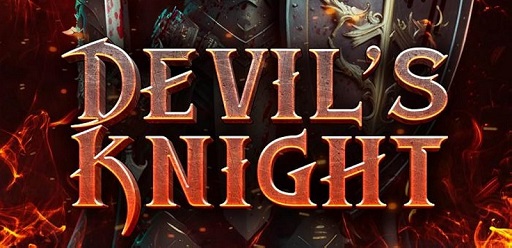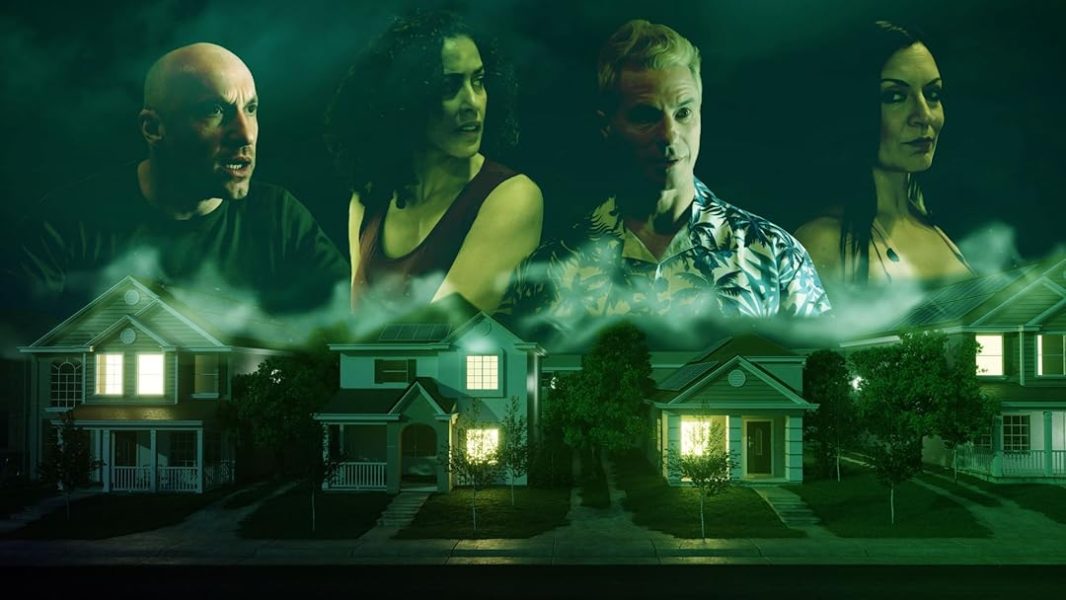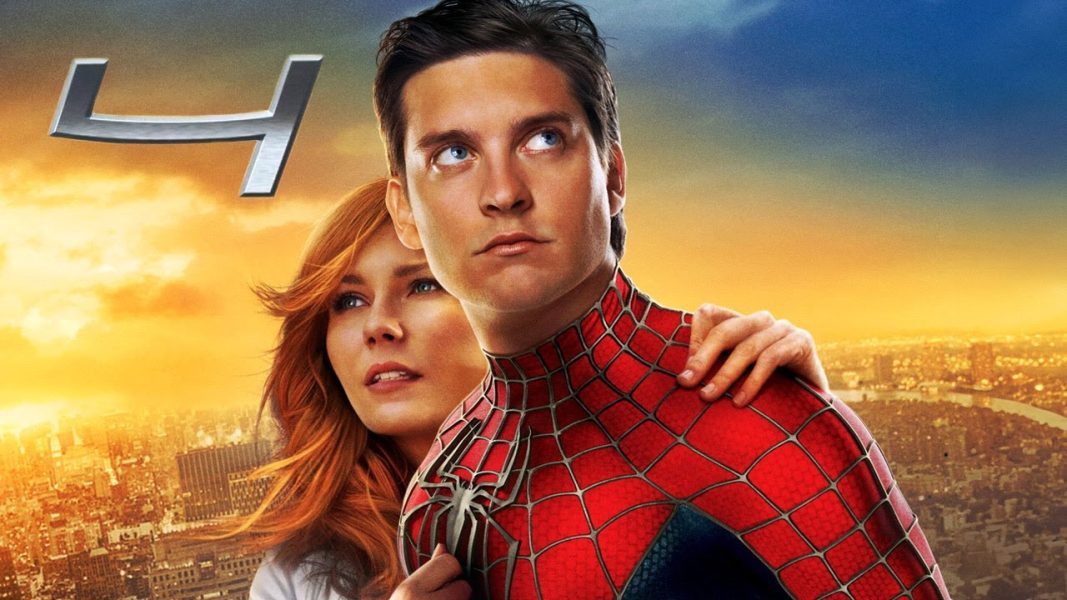Devil’s Knight (2024)—Massive Ensemble with No Depth

Oh boy, the Medieval fantasy genre. One of the genres with too many movies on Tubi. Unfortunately, many of them are pretty bad to say the least. And movies like these certainly don’t help its reputation. Now recently, I’ve dived headfirst into several movies without any knowledge of what to expect. But I get an idea of what to expect by either the second or third act. Who knows? Maybe one of these movies can change my mind on the entire genre. Too bad Devil’s Knight was not that movie.
Devil’s Knight’s plot is the epitome of bloated. We open to a scarred monster hunter telling a story about his team’s task of killing a demon. Throughout the story, we are introduced to a plethora of different yet dull characters. There’s a king, his daughters (one who uses a sword and one who doesn’t), a couple of advisors, and a captain of the guard (played by Kevin Sorbo). Safe to say, Sorbo’s character is easily the most fleshed out of the bunch, since I can remember two character traits and standout scenes. Plus he doesn’t outright die to the monster. And despite The King having the most screen time, I didn’t feel attached to him at all.

But if you thought that was bad, you’d be in for a rude awakening. I didn’t list any names to the characters because I don’t even know what their names are supposed to be! The only one I can think of is John, who’s one of the monster hunters. But wait! That name is an alias. So, what does it tell you when the guys who are the center of the movie don’t have memorable names? If you tell me, there’s no reason to care about them. Contrast this with the clones in Star Wars: The Clone Wars. While they’re identical copies of Jango Fett who are bred as disposable soldiers, they’re given personality and character. When one of them dies, we actually feel bad. But these guys? They’re real people yet feel even MORE disposable than the disposable soldiers! I’d like to say they’re stereotypical caricatures, but they don’t even have enough personality or identity to fulfill that category!
As the film juggles all of these characters, it loses focus on what’s really important: who we’re supposed to care for. We have dramatic scenes where one of the monster hunters mourns his daughter, yet he’s of so little importance his death is barely a footnote. Then there’s The King’s brother, who is so superfluous that he does literally nothing throughout the film. Hell, I only remembered him as “the guy who sat at a table in the beginning.” Why waste precious screen time on a character who has no real purpose in the story? Why not focus it on the narrator or the daughter that doesn’t use a sword? Both of whom lack proper screen time despite being major characters.

To make things worse, the characters who are important feel more like side characters than actual leads. Why should I care about John’s emotions when they are a background character in a glorified side character’s story? Why should I care about the scene exploring their emotions when it is one minute long? Meanwhile The King’s brother is introduced in only two minutes. Having a plethora of characters can be done. We’ve seen it in several Best Picture winners, horror films and even animated movies that are not named Sing. But this film’s cast lacks depth and focus, which results in the focus being misplaced on moments that are unimportant to the grand scheme of the film.
Alright folks, I can’t talk about this movie without addressing a key storytelling component: flashbacks. Many movies start “in medias res”, which is a fancy way of saying the beginning of the movie takes place at the end of the movie. This is done to intrigue an audience, forcing us to ask how we got to the ending. And while many do this by showing the aftermath of a battle, this movie starts with one of the monster hunters recalling the plot at a campfire. Riveting, I know. Flashbacks are typically used to juxtapose the past and present to show growth. For example, Netflix’s Daredevil series uses these to show Matt Murdock learning a lesson before cutting back to the present to show him applying that lesson. But here? Nearly the entire movie is a flashback! And naturally, it juxtaposes nothing. Hey, that reminds of this God-awful craptastic film!

Before I conclude this, I just want to ask, has anyone here seen Uwe Boll’s Bloodrayne? If not, read my review on it first, then come back. Done? Great! Both films have a similar aesthetic, characterization and props. Hell, both movies even contain an excessive amount of throat kills! The only thing Devil’s Knight does better is its special effects which are actually pretty good. Both the demons and monsters actually look scarily realistic on a small budget and were dangerously powerful. But that’s not exactly a high bar to clear when the vampires in Bloodrayne looked like they got their fangs off Wish. And also much like Bloodrayne, this movie doesn’t really have an ending. Rather, it just stops. Come on, at least Arena Wars had a resolution!
I was hoping to be pleasantly surprised. Key word is hoping. It’s safe to say that Devil’s Knight is a guide on how NOT to write characters. Even worse is how the plot loses momentum at an insane rate. I quickly lost track of where it was going after only 15 minutes! It tries to balance the Medieval politics with the action, yet only ends up twisting your brain into a huge Gordian Knot. At least I could follow the plot for Arena Wars and it had a unique aesthetic compared to Devil’s Knight. If you do decide to check this movie out, make sure you have a six pack of beer with you. And maybe a bottle of tequila.








